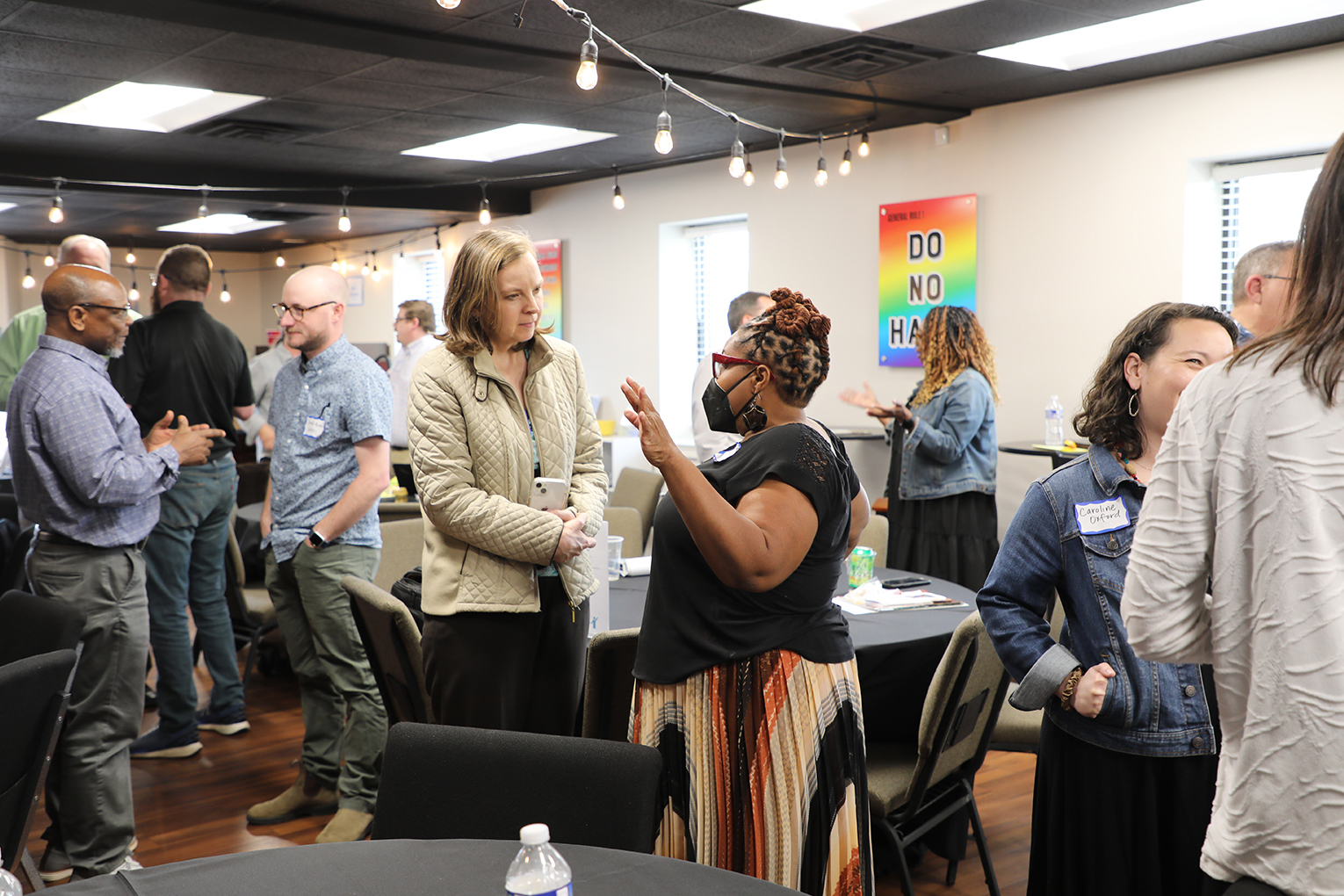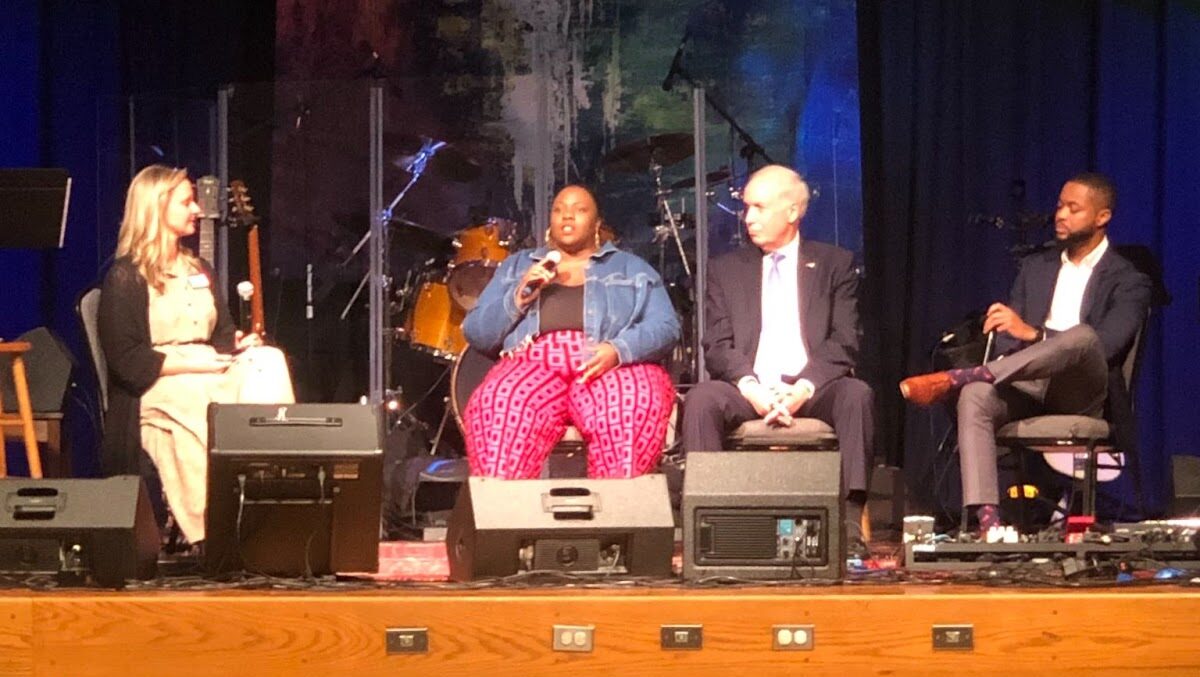Tutoring Partnerships Guide
Created by NC State University’s Institute for Emerging Issues and Thriving Rural Communities.
Engaging with your local school or with community children requires flexibility, best practices, and thoughtful consideration.
Assess Current Relationships
Where do the children in your church or immediate neighborhood go to school? What are their education needs? Good partnerships are mutually beneficial and would help people important to your congregation as well as those in the community.
Evidence Based Outcomes
Tutoring and improving literacy are some of the most important ways you can improve a child’s potential for success. Incorporate from the beginning research about childhood brain development and measure all program decisions against best practices.
Determine Commitment
Come up with a short list of how volunteers can participate. Define exact requirements including time, location, and ability. Many volunteers often feel intimidated by tutoring so providing exact information removes barriers for participation. Also, personally ask volunteers to commit instead of general announcements.
Systemic Issues
Encourage volunteers to explore the reasons behind their involvement with educational partnerships. What roles do poverty, race, location, and funding play? What can a faith community do to address these issues?
Measure Results
Evaluation of any sort provides necessary feedback for success. Are students feeling more confident in reading? Are parents more involved? Evaluate throughout the program and take time to adjust according to your desired evidence-based outcomes.
- Categories:


